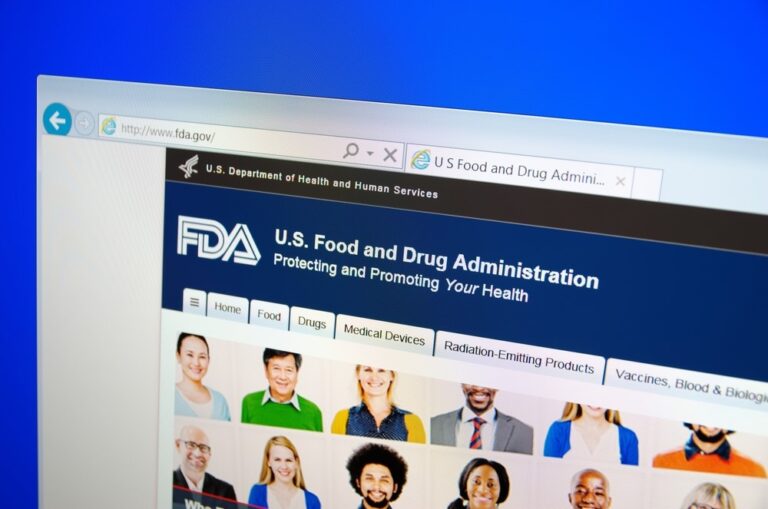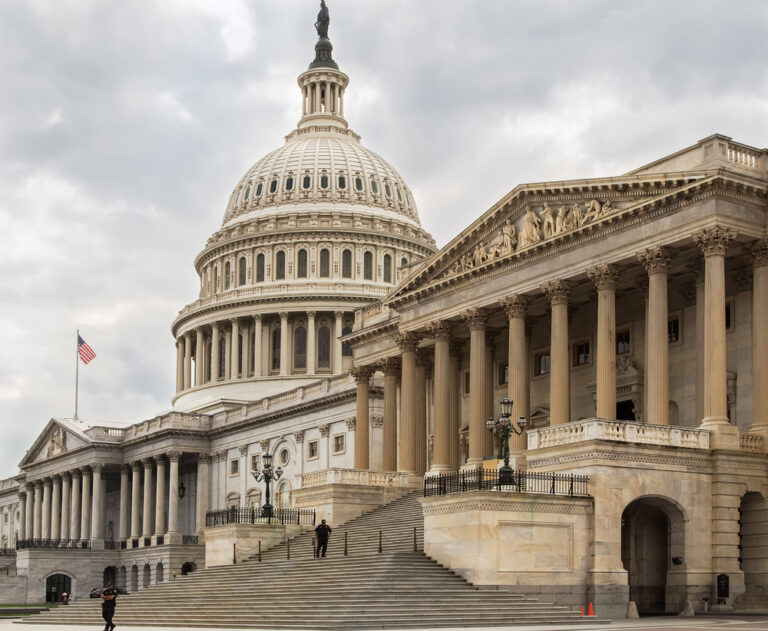Sept. 16, 2013 – The Medical Information Working Group (MIWG), a coalition of medical product manufacturers seeking to improve the regulatory and enforcement environment for communications about new uses for approved or cleared products, has asked the FDA Center for Drug Evaluation and Research’s (CDER’s) Medical Policy Council to take “immediate action … to assure that manufacturers are permitted to provide truthful and non-misleading information to support clinical and economic decision making and protect and promote the public health.”
“Manufacturers have the most information about their products, so it makes a lot of sense that they should be able to communicate their data so the most prudent public health decisions can be made,” said Coalition for Healthcare Communication Executive Director John Kamp. “As the reimbursement climate changes, it is important that payers have the most accurate, up-to-date information and that manufacturers can provide it to them without fear of FDA enforcement action,” Kamp remarked.
In July 16 comments to the agency, the MIWG is following up on multiple documents it has sent to the FDA since 2008 regarding this and similar issues. In addition to its recent comments, the MIWG also filed a citizen petition Sept. 3, asking the FDA to complete the process of responding to its first citizen petition submitted in July 2011, and requesting that the agency review the recent developments in First and Fifth Amendment case law, as well as ongoing changes in the delivery of medical services, according to Alan Bennett, Partner, Ropes & Gray, counsel to the MIWG.
“Manufacturers have felt a great need for clarity for some time,” Bennett told the Coalition. “It’s hard to run a business when the rules are not clear. The result is a lot of self-censorship that is probably not beneficial for patient care. Clarity would be helpful.”
The July 16 MIWG comment to CDER brings up two key issues it would like the Medical Policy Council to address:
- The Council should clarify FDA policies on manufacturer dissemination of information about off-label uses as part of scientific exchange, in response to unsolicited requests, through distribution of clinical practice guidelines, and in communications to payers and related entities.
- The Council should consider a comprehensive review of the entire regulatory scheme governing manufacturer communications about new uses of approved drugs and medical devices.
Under the first request, the MIWG states that its July 2011 petition asked the agency to clarify the following policies on manufacturer communication of off-label uses: (1) “scientific exchange”; (2) responses to unsolicited requests; (3) distribution of clinical practice guidelines; and (4) communication with payers and similar entities. In December 2011 the agency issued a notice requesting comments on scientific exchange and made available a draft guidance document on responses to unsolicited requests, the FDA stated in the notice that it was still considering the petition’s remaining requests.
The MIWG states in its recent comment that the FDA should take action on these issues and, specifically, that it address one particular policy question raised in the citizen petition: “To what extent does the current regulatory scheme inappropriately disable manufacturers from providing accurate information to payors and similar entities to support their coverage and reimbursement decisions? The answer to this question is vitally important, as those decisions can affect the delivery of patient care.”
The commenters also note that currently, “manufacturers cannot communicate adequately about their products or otherwise provide information relevant to coverage and reimbursement decisions, for at least two reasons.” The first reason cited is that the FDA to date has not adequately addressed the issue, and the second reason listed is that existing FDA policies in this area also are not adequate.
As a result, manufacturers – who have unique access to product information – are not able to communicate it to payers, and payers “are almost certainly reaching coverage and reimbursement decisions based on inadequate information, with uncertain and potentially far-reaching clinical implications.”
In the second point raised in its comment, the MIWG asks the FDA to “move quickly to solicit public comment on, and implement, fundamental changes to its approach to regulating manufacturer speech about new uses.” These changes are needed “to bring the current regulatory and enforcement environment into line with relevant statutory and constitutional limitations and to assure that the regulatory scheme supports enforcement of the Federal Food, Drug, and Cosmetic Act, while also enabling manufacturers to engage with prescribers and payors.”
The MIWG notes in the comment that it believes changes should be forwarded through notice-and-comment rulemaking – in lieu of guidance development procedures – to create legally binding rules.
Although the FDA has 180 days to respond to citizen petitions, there is no requirement that they issue a substantive response, according to Bennett. “The issues we raise are important and we hope the agency does pay attention to them in a timely manner,” he said.
“MIWG raises significant questions about the FDA’s traditional ‘off label’ marketing regulation that must be addressed in an open and robust public proceeding,” Kamp added. “The policy and rules must be changed to fit the medical information needs of modern clinical medicine and to bring the FDA’s policies in conformance with the First Amendment,” he said. “Now it’s time for the FDA to move, before the courts take the issue out of its hands.”



